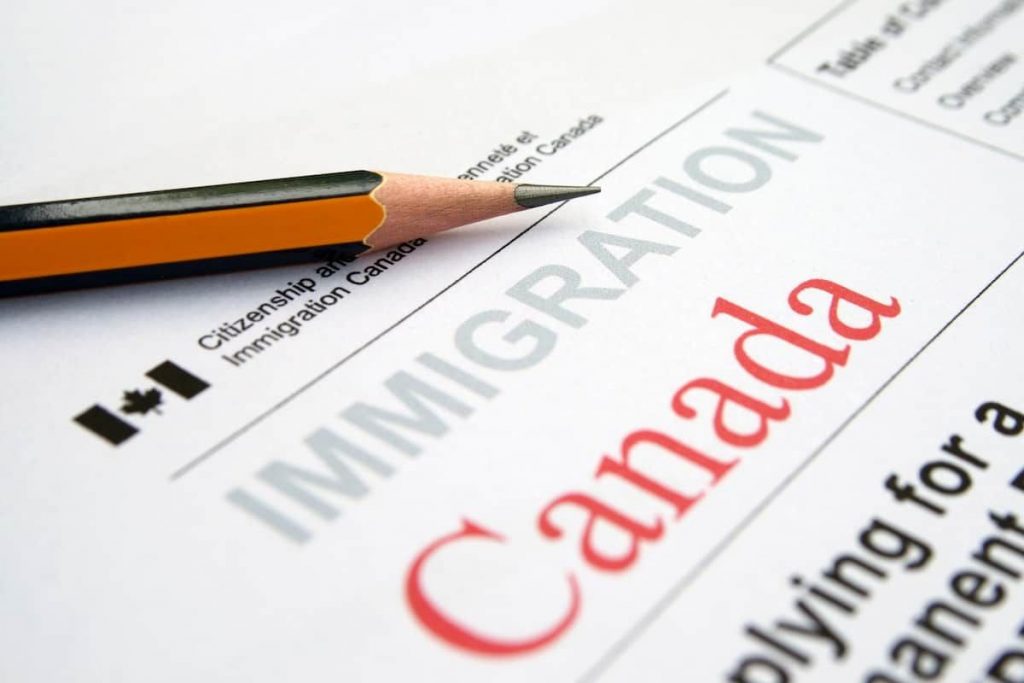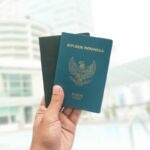Are you considering immigrating to Canada? If so, you will need to undergo a security screening. The Canadian government requires all immigration applicants to undergo a security screening to ensure that they do not pose a threat to Canadian society.
The security screening is conducted by three federal bodies:
- The Canadian Security Intelligence Service (CSIS)
- The Canada Border Services Agency (CBSA)
- Immigration, Refugees and Citizenship Canada (IRCC)
Canada Immigration Security Screening Process
This article provides an overview of the security screening process, highlighting the key federal bodies involved and the necessary documentation.
By understanding this process, applicants can be better prepared for the requirements and procedures involved in obtaining admission to Canada.

1. Canadian Security Intelligence Service (CSIS)
The Role of CSIS
The Canadian Security Intelligence Service (CSIS) plays a crucial role in conducting background checks to identify any potential threats to Canada’s security. Its responsibility is to gather information related to security or criminal activities that may pose a risk to Canadian society.
CSIS Act
Sections 14 and 15 of the CSIS Act empower CSIS to conduct investigations and provide security assessments for applicants seeking admission to Canada through Immigration, Refugee and Citizenship Canada (IRCC).
Inadmissibility Criteria
Section 34 of the CSIS Act outlines several grounds for inadmissibility based on security concerns. These include acts of espionage, subversion, terrorism, violence endangering lives, and association with organizations involved in such activities.
Also Read: Canada Introduces New Work Permit for US H-1B Visa Holders
2. Canada Border Services Agency (CBSA)
Role of CBSA
The Canada Border Services Agency (CBSA) is responsible for ensuring national security and public safety at the border. CBSA conducts background checks, detains individuals posing security threats, removes inadmissible individuals, and investigates suspected criminals.
Screening Process
CBSA screens visitors, immigrants, and refugees applying for admission to Canada. Individuals aged 18 and over who seek immigration or claim refugee status undergo thorough background checks by CBSA.
Also Read: Canada Announces Visa-Free Travel for 13 Countries
3. Immigration, Refugees and Citizenship Canada (IRCC)
Collaboration with Other Agencies
Immigration, Refugees and Citizenship Canada (IRCC) closely collaborate with CSIS and CBSA during the security screening process. IRCC relies on the findings provided by CSIS and CBSA to make final decisions on immigration applications.
Independent Decision-Making
While CSIS and CBSA provide security assessments, it is important to note that IRCC has the ultimate authority to determine immigration admissibility. IRCC independently reviews the security assessments before making a final decision.
Must Read: 5 Steps to Take If Your Canada Visa Application is Delayed
Documentation Required for the Screening Process
Biometrics and Medical Examination Applicants are required to provide their biometric data, including;
- biometrics, i.e. your fingerprints and a recent photo;
- results of a medical exam and health history;
- a valid passport; and
- a police clearance certificate.
Valid Passport: A valid passport is a fundamental requirement for the immigration application. It serves as proof of identity and travel documentation.
Police Clearance Certificate: Applicants are typically required to submit a Police Clearance Certificate obtained from their current country of residence and any other country where they have lived for more than six months since turning 18. This certificate demonstrates the absence of any criminal record or involvement in unlawful activities.
Final Words
The security screening process for Canadian immigration applicants is a vital step in ensuring the safety and security of Canadian society. Through the collaboration of federal bodies such as CSIS, CBSA, and IRCC, extensive background checks are conducted to identify any potential threats.
By providing the necessary documentation and cooperating with the screening process, applicants can enhance their chances of a successful immigration application. It is important to understand the distinction between the Police Clearance Certificate and the security clearance, as active involvement may not be required for the latter.
Follow and connect with us on Facebook, Twitter, LinkedIn, Instagram and Google News for the latest travel news and updates!





